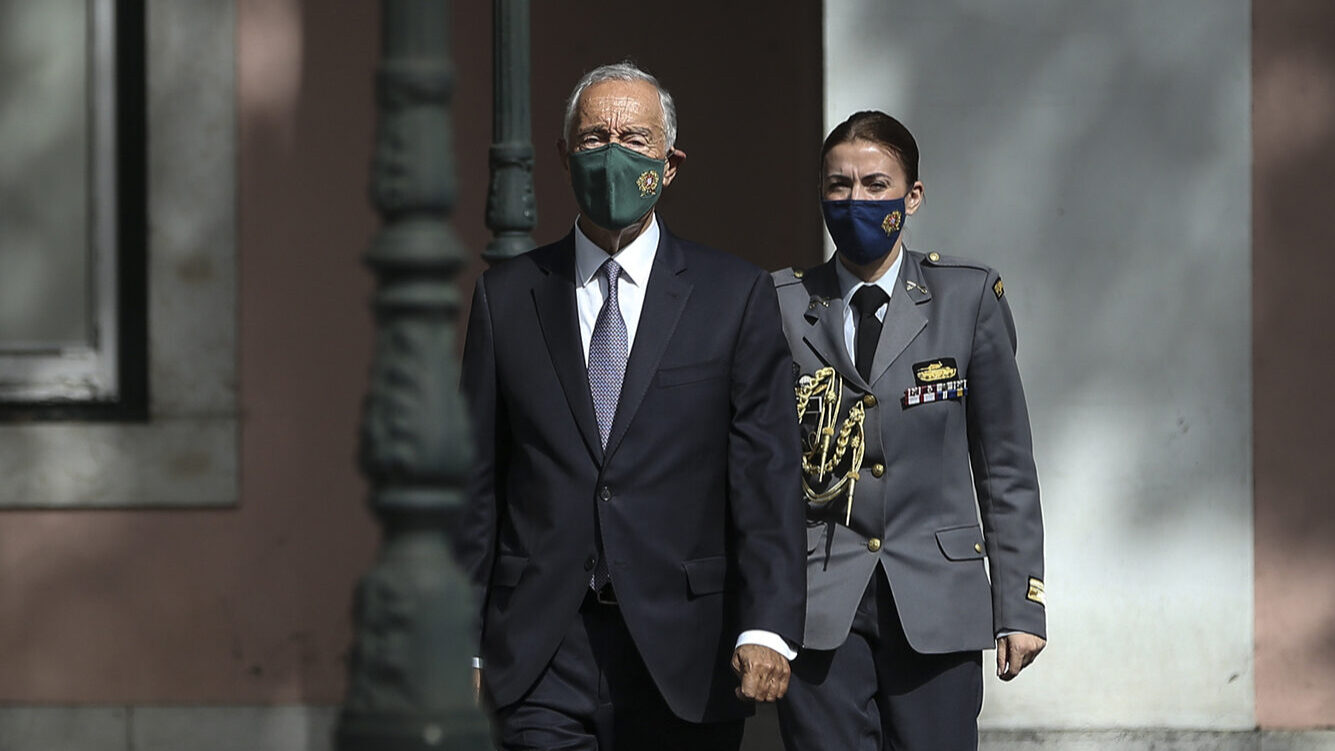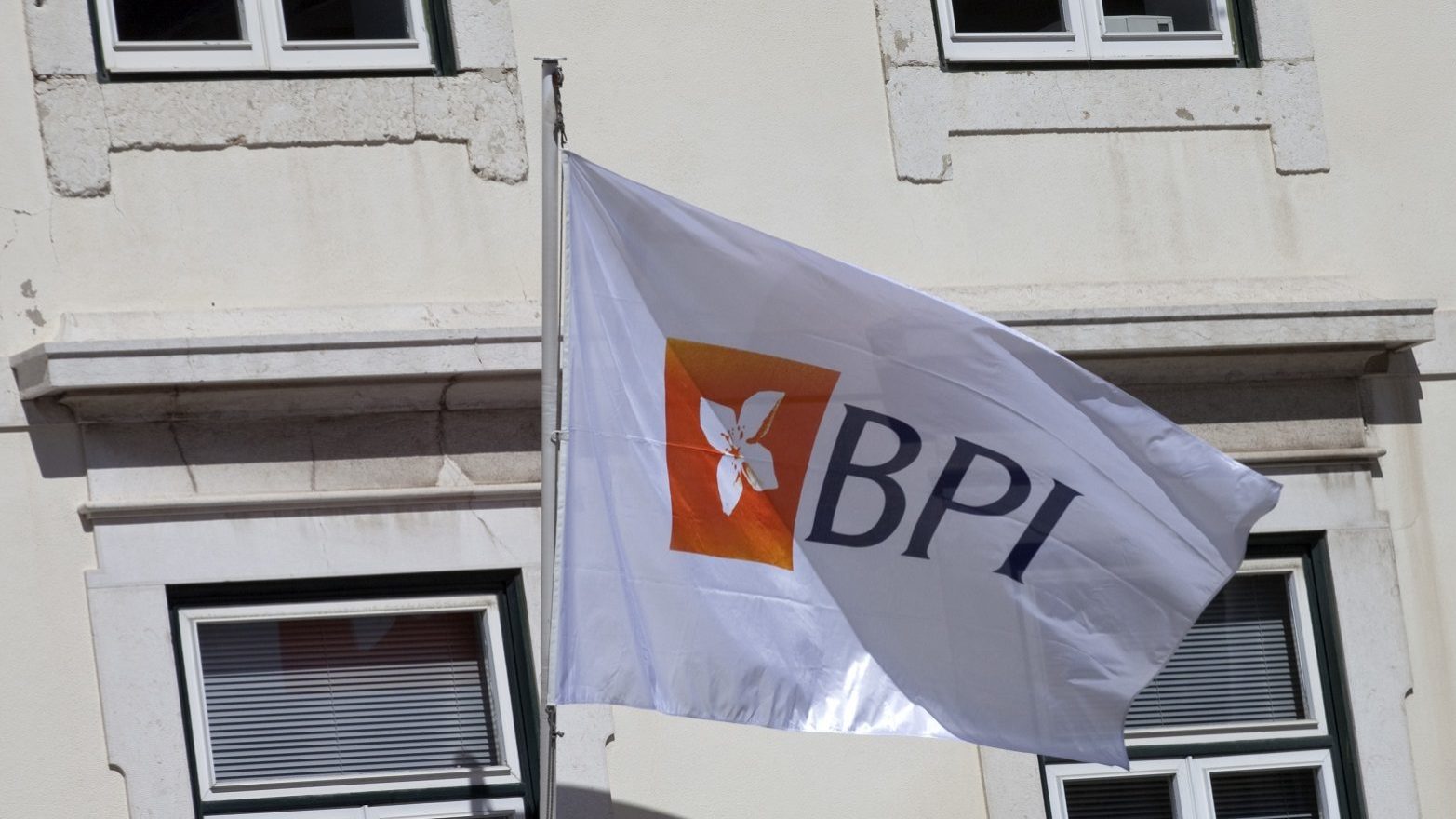Portugal 11th in EU least dependent on energy imports in 2020
Portugal was in 11th place (65%), above the EU average (58%), considering the 27 member states, and has been reducing its dependence since 2000 (85%).
Estonia is the European Union (EU) country least dependent on energy imports and Malta, Cyprus and Luxembourg lead, while Portugal is in 11th place, according to data compiled by Pordata, reported to 2020.
“In 2020, Malta, Cyprus and Luxembourg were the most dependent countries (more than 90% of imported energy). The least dependent country was Estonia (11%),” Pordata, the statistical database of the Francisco Manuel dos Santos Foundation, said in a statement.
Portugal was in 11th place (65%), above the EU average (58%), considering the 27 member states, and has been reducing its dependence since 2000 (85%).
With regard to the price of energy, in 2020, the Portuguese paid the 6th most expensive price in the EU27, while industry paid the 14th highest.
With regard to natural gas, eliminating the difference in the cost of living between the various countries, Portuguese families paid the second most expensive price in the EU and industry the 18th.
In 2020, Portugal imported 14,428,482 tonnes of oil and oil products, from Brazil (20%), Spain (15%) and Nigeria (13%).
Natural gas imports amounted to almost 5.6 billion normal cubic metres (Nm3), originating from Nigeria (54%), the US (19%), Russia (10%) and Algeria (9%).
The EU produced 573.8 million tonnes of oil equivalent (toe) of energy in 2020, with France (21%), Germany (17%), Poland (10%), Italy (7%), Spain and Sweden (6%) contributing the most.
In turn, primary energy consumption in the EU fell by 10% in 2020 compared to 1990, and only eight of the 27 countries increased this consumption, including Portugal (29%).
However, since 2005 there has been a decrease, with 19.5 million toe consumed in 2020, below the proposed target for 2020 of 22.5 million toe.
Between 1990 and 2020, the EU reduced final energy consumption by 5%.
“Of the 27 EU countries, 11 increased this consumption. Portugal was the 6th country that most increased its final energy consumption (26%), although since 2007 it has been on a downward trajectory. In this way, we managed to exceed the 2020 target that we had set ourselves: in 2020 we consumed 15 million toe, whereas the target was not to exceed 17.4 million toe in that year”.
Portugal has increased its energy efficiency since 1995, in line with Europe.
According to data from Pordata, in 2020, energy intensity in Portugal was 76 toe of energy consumed for every million euros of wealth generated, while at European level it was 66 toe.
The carbon intensity of the economy, in turn, has been falling since 1995 in the EU, a trend which has also been followed by Portugal.
Sweden is the most carbon efficient country and Bulgaria the worst.
In the EU, renewables produced 41% of primary energy in 2020 and contributed to 22% of energy consumed.
“Portugal was the third EU country that produced the most renewable energy in the total energy produced (98%). Portugal was the fifth European Union country that consumed the most renewable energy in the total final energy consumption (34%),” it added.
Germany was the country that contributed most to primary energy production through renewable sources, with one fifth of the total energy of European countries.
This year (2020), renewable energy production in the EU was divided between biomass (57%), wind (15%), hydro (13%), solar (7%) and geothermal (3%).
In Portugal, the highlight was also for biomass (51%), followed by wind and hydro (both with 16%), solar (4%) and geothermal (3%).



